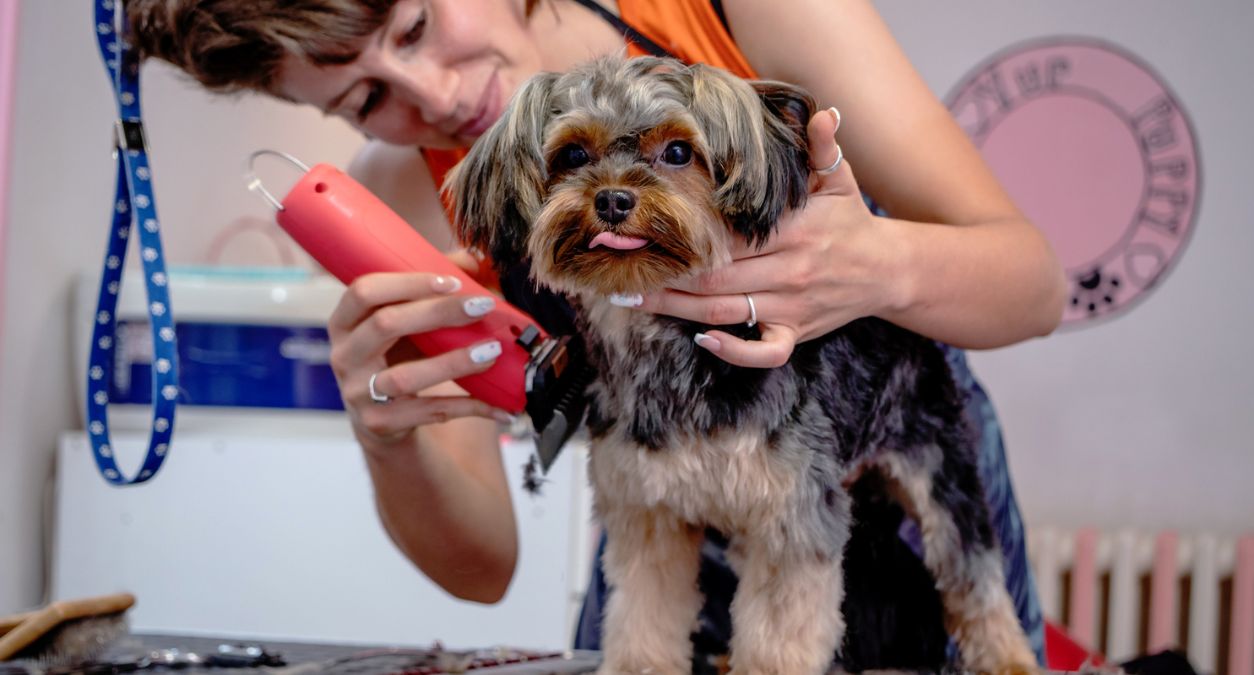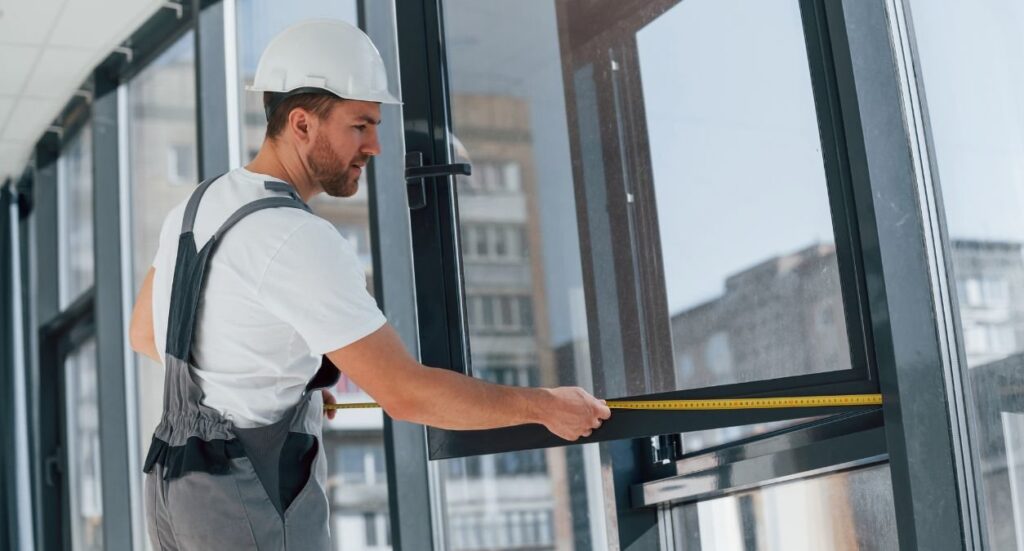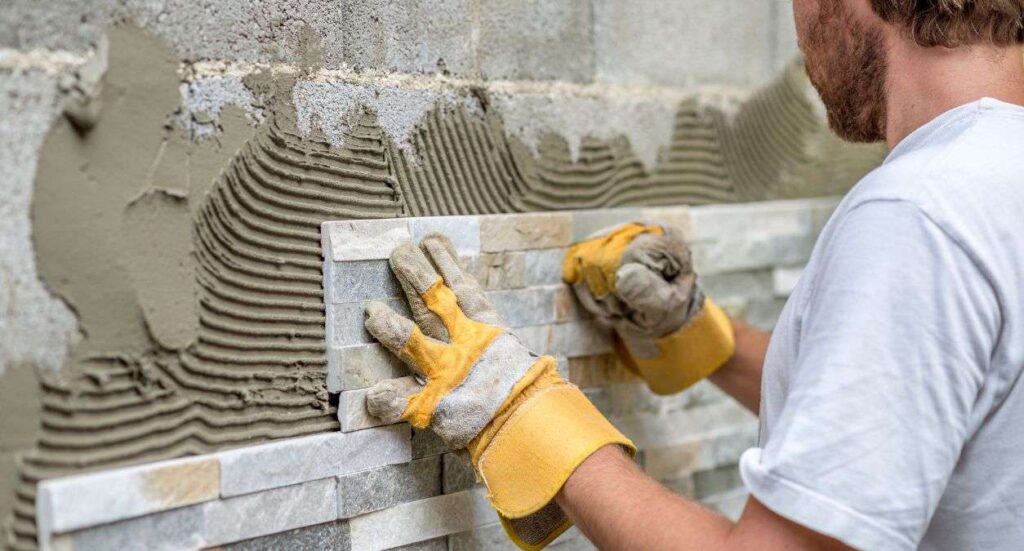Table of contents
Britain is a nation of dog lovers, and for many people, there’s no lengths to which they won’t go to keep their treasured pooch fit, healthy and pampered.
It’s no surprise, therefore, that dog grooming is booming. All over the country, enterprising people are taking full advantage of the surge in demand for grooming and related activities. So, if you love dogs, you love taking care of them and you’re looking for a career opportunity, there’s never been a better time to become a skilled, trained groomer.
In this guide, we’ll look at all the key qualifications for dog grooming you can get, the most important skills you’ll need, salary expectations, and why you shouldn’t overlook dog grooming insurance.
Get Dog Grooming Insurance from Protectivity
*Disclaimer – This blog has been created as general information and should not be taken as advice. Make sure you have the correct level of insurance for your requirements and always review policy documentation. Information is factually accurate at the time of publishing but may have become out of date.
Last updated by

















